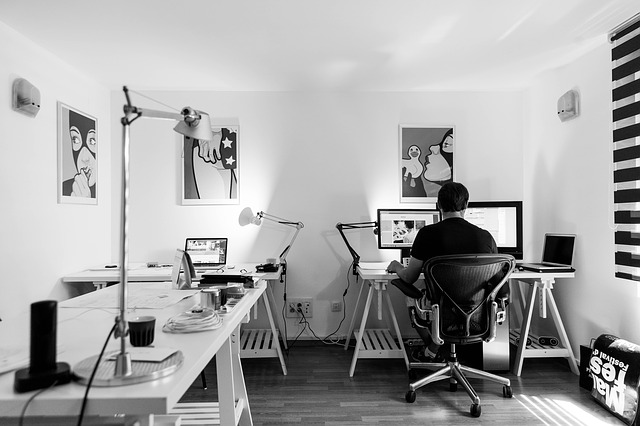I don’t think it’s because I am white. My online clients don’t always see my profile photos and my first name, Kamiel, doesn’t radiate whiteness unequivocally, while my inofficial surname, Choi (최) is unambiguously Korean. Though the name might play a role, I am sure there are other factors. I was once given two academic degrees, likely due to a financial and bureaucratic incentive of the Dutch universities rather than to my own merit (I was a rather lazy student who lacked the raw enthusiasm to penetrate his subjects as deeply as he could). These ‘degrees’ signal a certain intellectual wherewithal and personal ambition and goal-directedness that human resource managers like. The mere abbreviations ‘m.a.’ and ‘m.sc.’ seem to signify that I have certain economically exploitable qualities. I enjoy the crude irony of the fact that these qualities, if I ever possessed them, have fully evaporated over the course of the past decade.
But there might be other privileges. I was able to buy a cheap and good laptop computer in a European country people with rubber boats desperately seek access to. I once passed some ‘tests’ to prove I understand my native Dutch language, which is spoken by some 25 million souls and considerate buying power backing up its economic relevance. I know how to navigate the Internet and write letters to win potential clients. I am a man.
All these things put together have earned me a basic income. Why do I call it a basic income when I ‘work’ for it and I don’t receive it from the government or even as a passive income through advertising? If I still have to work for it, isn’t there still a condition, a dependency?
I call it basic income for two reasons. First, because that dependency is distributed. None of my clients have any real power over me because I can just do a project for another customer. Nobody decides where I have to sit at 9am or in which country I have to reside at any given time. At any moment I can walk away from a project I am working on, without losing my income. This guarantee of personal freedom gives it the feeling of an unconditional income stream. It is there, as long as I keep my habit of doing the work.
The second and more profound reason why I call it basic income is that I find the work absolutely meaningless. I can’t discover a shred of purpose or value in what I do ‘for money’. It is a mind-numbingly ‘blank’ activity. If I start to think about it I end up hating it to a suicidal degree, so I rather don’t. Unfortunately, conventional people identify me with what I ‘do’ to ‘earn’ my income, and this bothers me a lot because my identity is merely negatively related to that labor (never say ‘has nothing to do with’ – it always has). So what is my identity? I am a rather mediocre philosopher-poet and writer of commentaries like this one. But conventional people will never call me that until somebody pays me ‘for’ it.
I am aware that others, who don’t have a white-sounding name, who weren’t born in a wealthy country with considerable buying power and a demand for translations or comparable services, who weren’t given university degrees, or who don’t have the 300 Euros to buy the Means of Production (a second hand Thinkpad x220 laptop). So I should temper my enthusiasm about this self-paid basic income. It is just an alternative, parasitic use of the slew of privileges that I was blessed, and perhaps cursed, with.

One thought on “How a slew of privileges earned me a Basic Income”
Comments are closed.